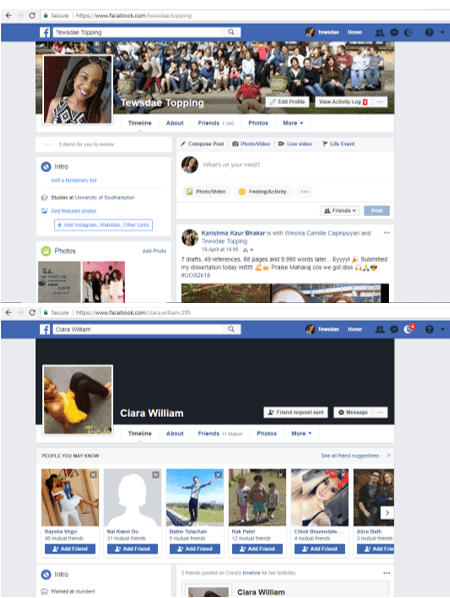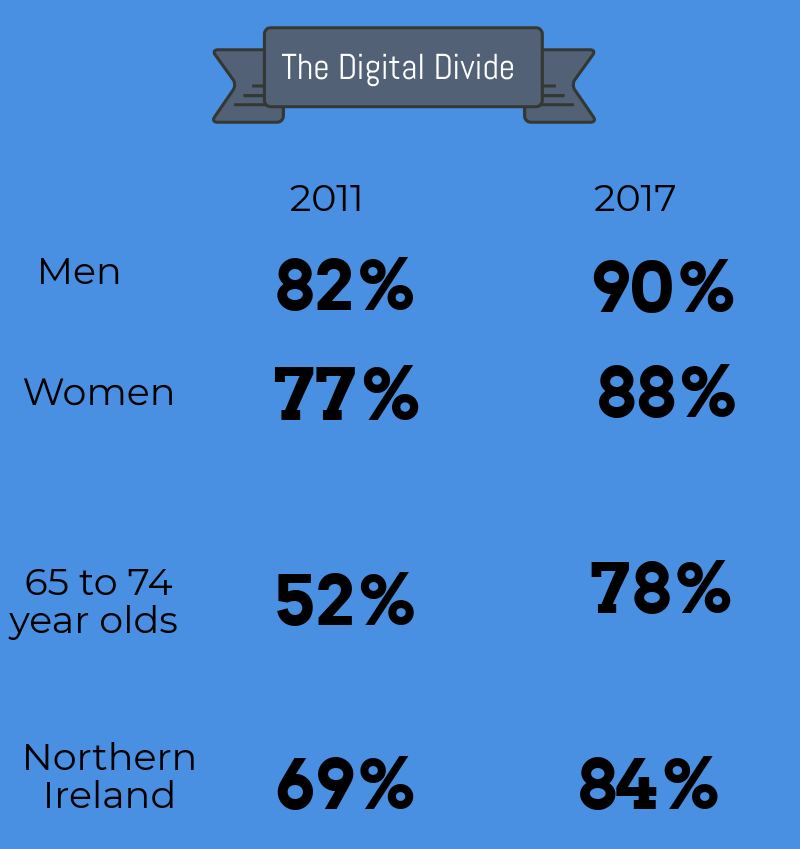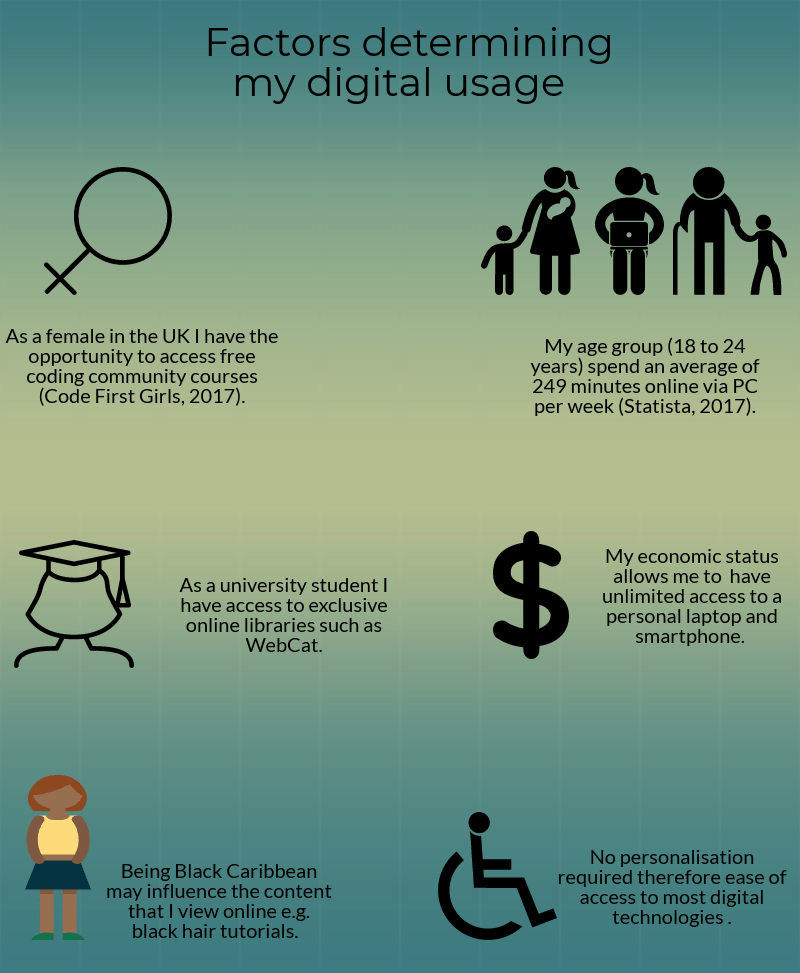It’s been a great journey, farewell UOSM2008!
According to Gibbs (1988), the act of having an experience is not adequate on its own. It is imperative that individuals process their thoughts and feelings because without reflecting there is the potential to forget (Gibbs, 1988). Therefore, reflection plays a critical part in the learning experience (Gibbs, 1988). My journey throughout the UOSM2008 module has been thought-provoking, beneficial and educative.
Continue reading →







